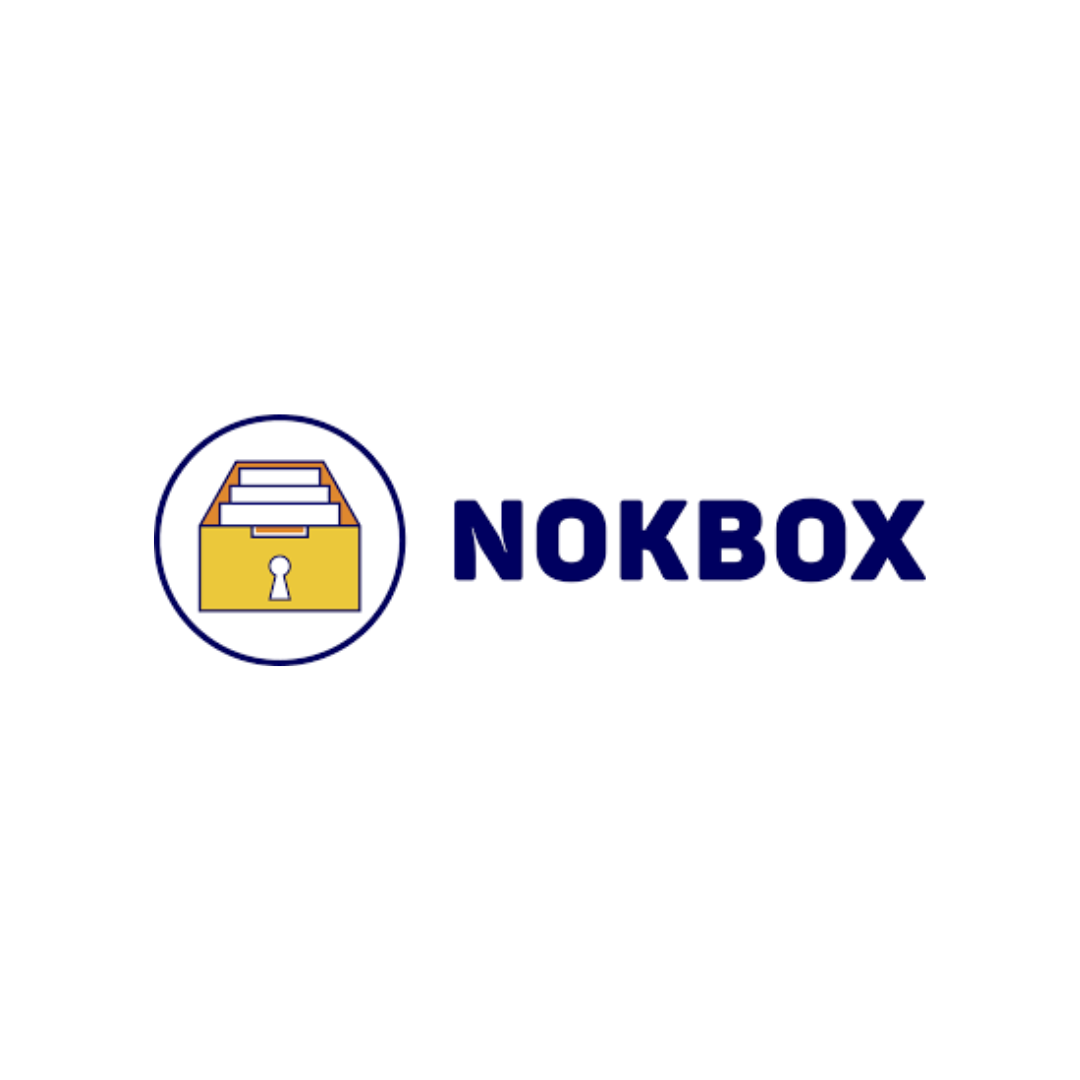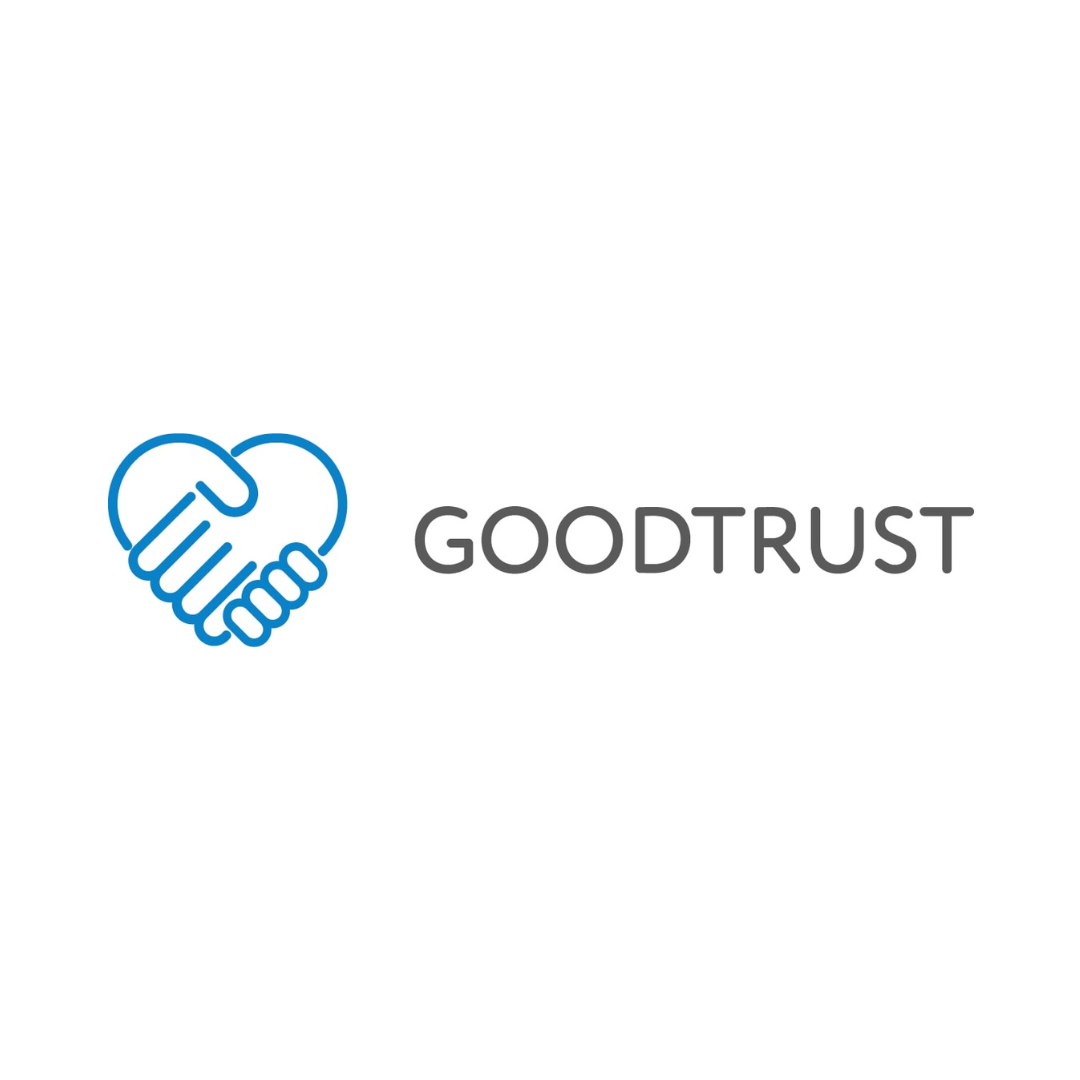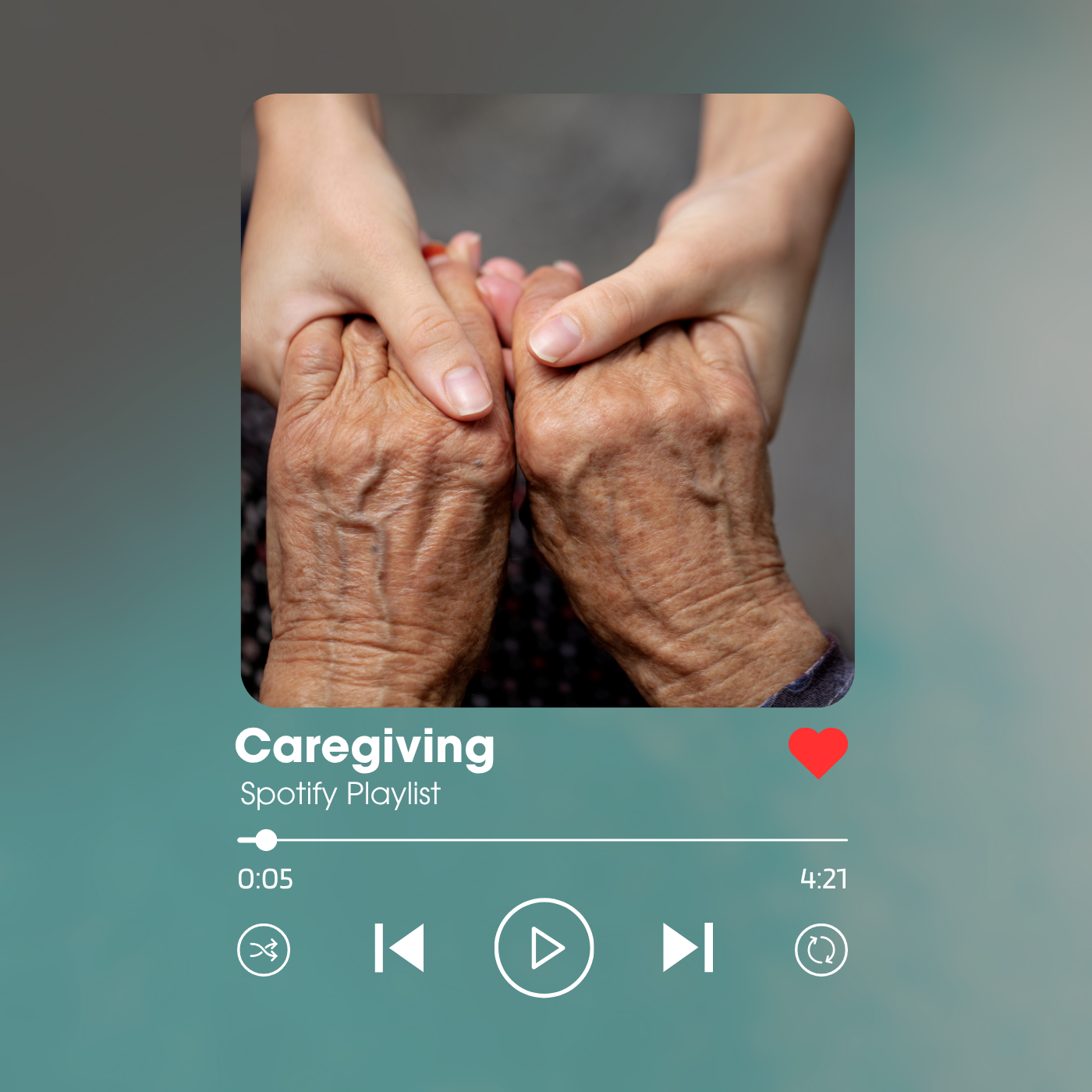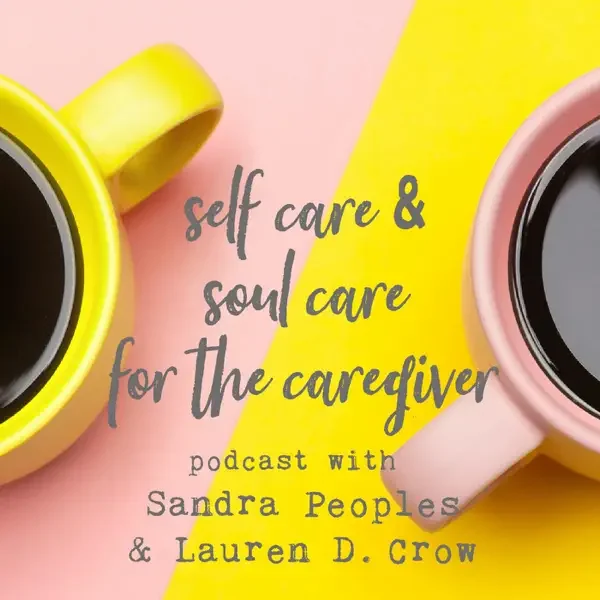Caring for loved ones
Navigate the complexities of caregiving with compassionate resources, personalized tools and expert guidance tailored to your unique journey.
Tell us about your caregiving journey
Every caregiving journey looks different.
This short quiz helps us understand where you are right now, and where we can step in to support you. No pressure, no judgment. Just a few gentle questions to help us offer tools, resources, and stories that meet you where you are.
Comprehensive Support for Caregivers
Caregiving is one of the hardest and most human things we do.
That’s why we’ve gathered tools, guidance, and gentle reminders to help you care for someone else without losing yourself in the process.
Administrative Support
From paperwork to policies, we’ll walk you through what needs doing, one step at a time. Think of it as a calm guide through the chaos.
Care for the Caregiver
You’re doing something extraordinary. We’re here to remind you that your well-being matters, too. Rest isn’t selfish, it’s part of the job.
Emotional Support
You don’t have to hold it all alone. Find stories from people who’ve been there, community resources, and quiet encouragement for your heart.
Practical Tools & Templates
Checklists, trackers, and who-to-call lists, because sometimes, having the right piece of paper really does make things easier.
Downloadable Resources
Caregiving Survival Kit
Weekly Care Plan Template
Care Team Contact List
Medication & Treatment Tracker
Emergency Info Sheet
Home Safety Checklist
Questions to Ask at Medical Appointments
Legal & Financial Prep Tracker
Respite & Relief Planning Worksheet
Emotional Check-In Journal Pages
What Help Looks Like Sheet
Spotify Playlists Curated by the Porch
All the feels
All the feels
Recommended Videos
Caring for a Loved One
Podcasts We Follow
We feature partners offering support for families navigating end-of-life planning, caregiving, loss, and grief.
View our Partner Directory or browse our featured caregiving partners below.






Stories from the Porch
“I felt alone and overwhelmed. Sandy’s Porch helped me find a sense of community and belonging."
Kate
Read her story
"Between appointments, paying bills, and watching someone I love slowly fade away, I was drowning. Sandy’s Porch renewed my perspective on what matters most right now - and that’s my dad."
James
Read his story
“This space reminded me that showing up with love - however messy it might be - is enough. I may not be the perfect caregiver, but I’m here, and that’s more than ok.”
Heather
Read her story
Have a story to share? We’d love to hear it.
Caregiving FAQs
Let’s make the big stuff feel a little more manageable.
-
A caregiver is anyone who provides physical, emotional, or logistical support to someone who needs help due to aging, illness, disability, or injury. This includes family members, friends, or paid professionals.
-
If you're helping someone with daily tasks, like managing medications, appointments, finances, meals, or emotional support, you’re a caregiver, even if you don’t call yourself one.
-
Start by learning about your loved one’s condition, understanding their legal and medical documents (like power of attorney or advance directives), and getting clear on their care preferences. A shared calendar, medication tracker, and list of emergency contacts are also helpful first steps.
-
At a minimum:
Power of Attorney (POA)
Advance Healthcare Directive
HIPAA Authorization
Guardianship (if applicable)
Will and Trust (if planning ahead)
Understanding these helps you advocate, make decisions, and avoid legal roadblocks.
-
Power of Attorney lets you make legal or financial decisions on someone’s behalf. If your loved one becomes unable to act for themselves, POA allows you to legally help them. It must be set up while they still have capacity.
-
Create a central hub, whether a binder, shared Google Drive, or tool to keep everything organized. Track medications, insurance, contacts, documents, and to-dos all in one place.
-
Support can include respite care, local caregiver support groups, online communities, mental health counseling, and state or nonprofit resources. Start with Sandy’s Porch caregiver tools and check your local Area Agency on Aging.
-
Hold a family meeting. Use a caregiving plan to clarify responsibilities, expectations, and boundaries. Many families avoid this talk, but early conversations help prevent resentment and confusion later.
-
In some cases, yes. Medicaid programs in certain states, long-term care insurance, or Veteran’s benefits may offer compensation for family caregivers. Each state is different. Check eligibility with your local health department or benefits agency.
-
Burnout is common. Prioritize rest, ask for help, and make time for your own care, therapy, walks, meals, music, quiet. You’re not just a caregiver. You’re a human being, too.
-
Grief and logistics often collide. You'll likely be responsible for notifying agencies, handling legal documents, and settling their affairs. We provide post-loss checklists and guides to help you through this next phase with compassion and clarity.
-
Yes. Many caregivers experience anticipatory grief, sadness, or even guilt long before someone passes. You might grieve the life you used to have, or feel guilty for needing a break, feeling angry, or not doing "enough." These emotions are human. You're not alone, and you’re not doing it wrong. We offer resources and community stories to help you process the tough stuff and give yourself the same care you give others.
Caring for a Loved One: Related Articles
Looking for more?
Explore stories, expert tips, and practical advice in our articles section, written to help you plan, care, and navigate life after loss with more clarity and confidence.









